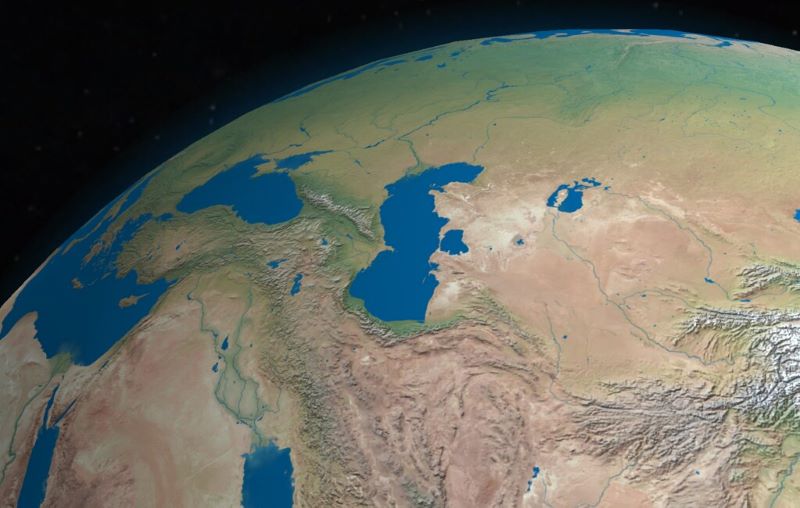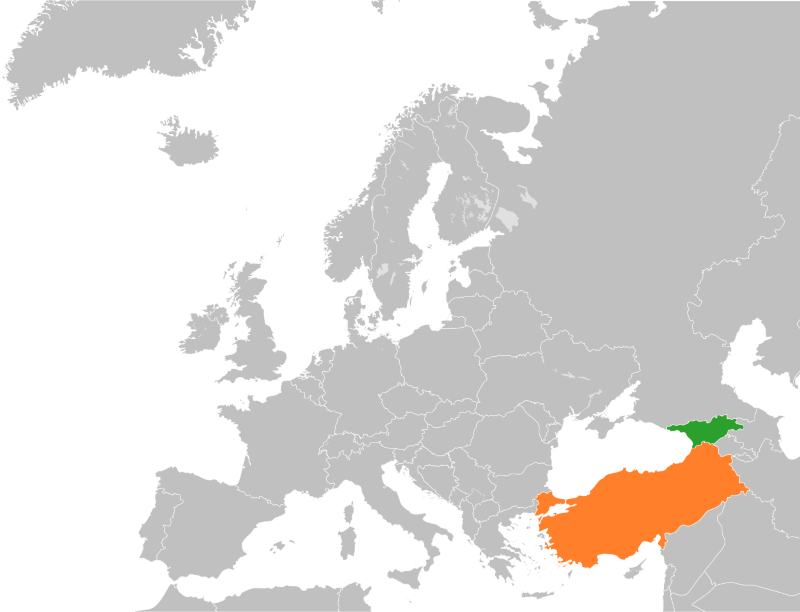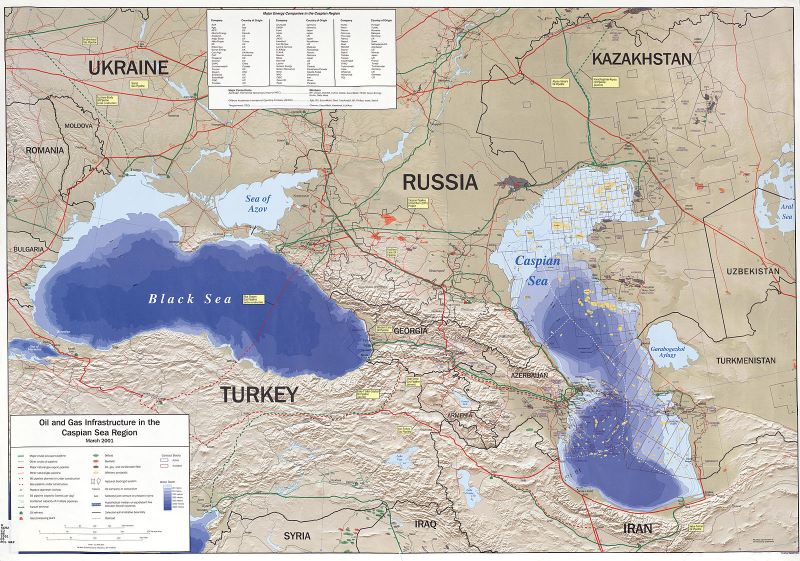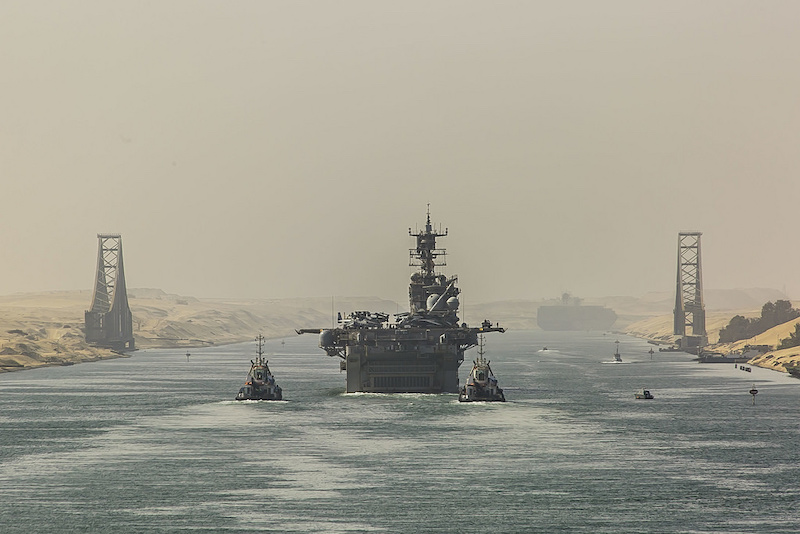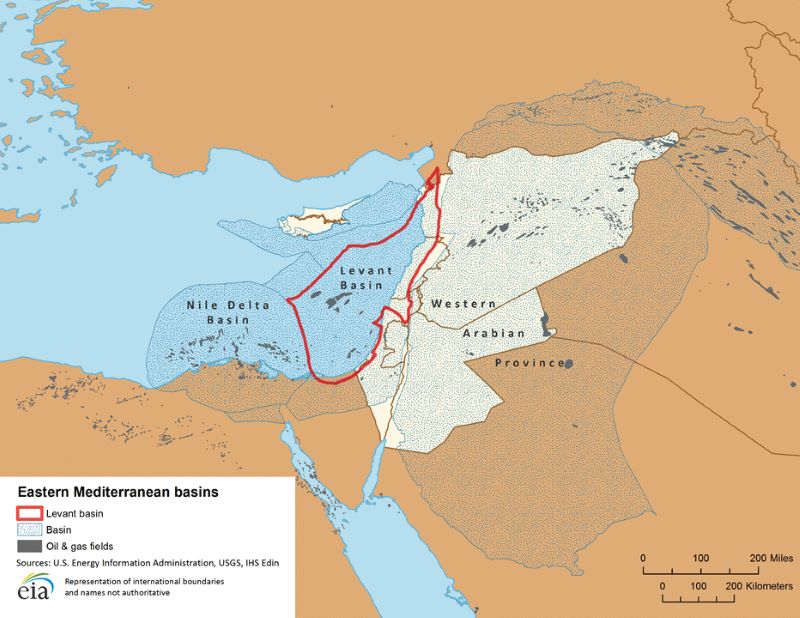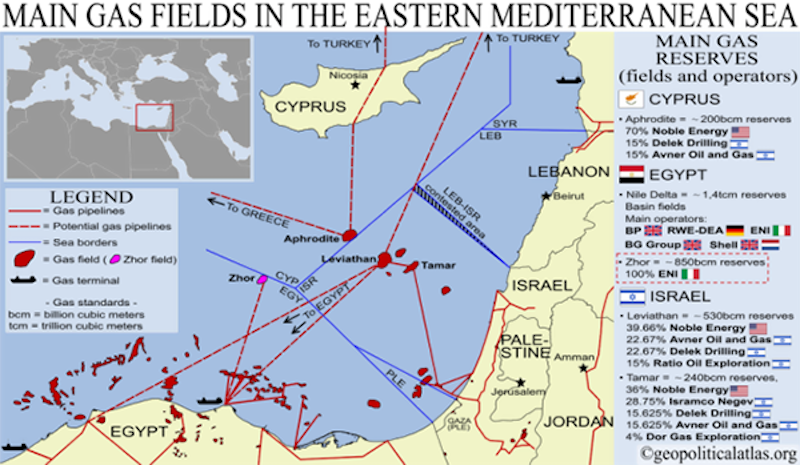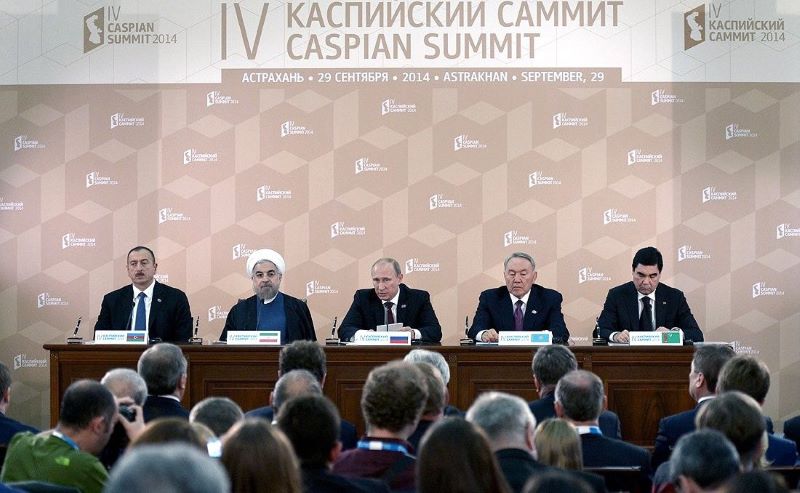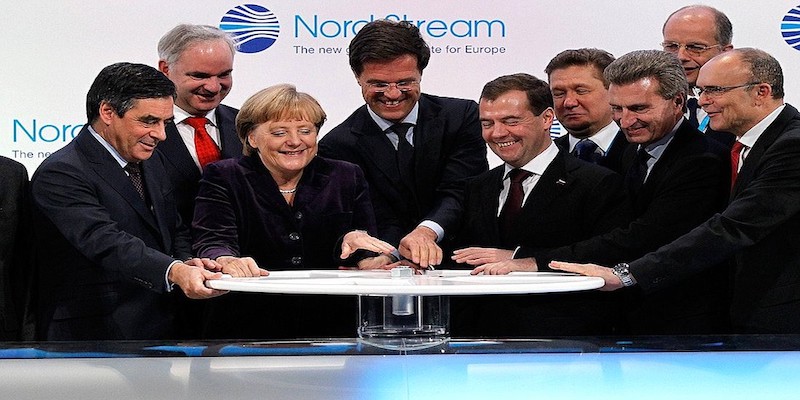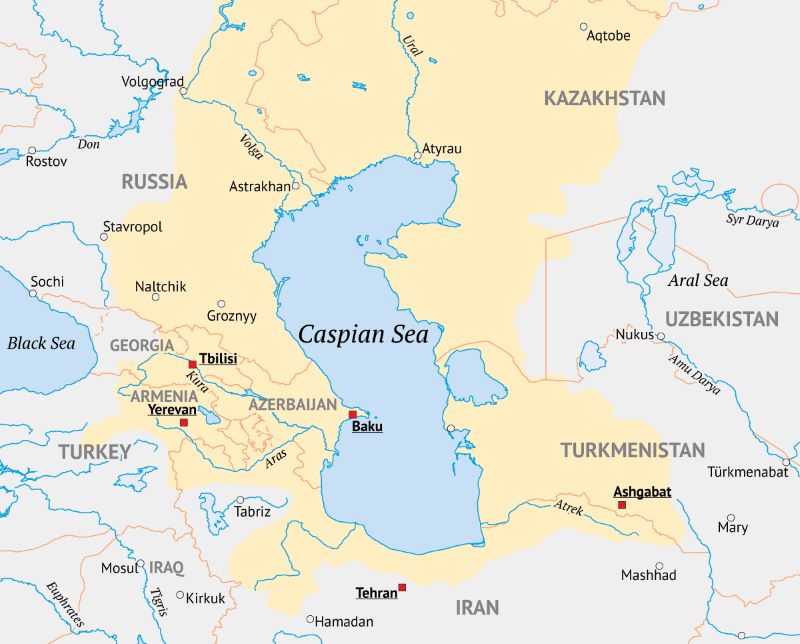Diplomatic momentum is gaining on all fronts in favor of the Trans-Caspian Gas Pipeline (TCGP) between Turkmenistan and Azerbaijan. Both Russian and American diplomats tacitly agree that this is a positive development. Thus last week the new U.S. Ambassador to Georgia (and former Ambassador to Azerbaijan) Ross Wilson publicly stated that “transport projects implemented jointly Read More…
Energy Security
The NATO Association of Canada’s Energy Security Program, directed by Senior Research Fellow Dr. Robert M. Cutler, provides analysis and outreach on the full spectrum of energy-security concerns facing NATO members and partners. Core areas include the security of supply and demand, market and policy reliability, and the physical protection of critical energy infrastructure including supply chains for critical raw materials. The Program continuously assesses geopolitical, geo-economic, and military developments that may alter allied energy risks, options, and resilience. It advances public understanding and policy dialogue through webinars, the Energy Security blog, and sequenced series of Research Briefs, Policy Papers, and Research Studies. Contributors—including practitioners, scholars, and emerging analysts—are welcome. Please write to rmc@alum.mit.edu with the subject line “NAOC Energy Security Program” to propose articles, briefs, or events.
Turkey, Georgia, and Energy Security
European energy security, especially the diversification of sources of supply of natural gas, increasingly depends on the South Caucasus countries of Georgia and Azerbaijan. Russia is building the NordStream Two and TurkStream pipelines in order to secure European Union (EU) dependence on Russian gas for decades to come. Because of its unique geographical situation, Georgia Read More…
The Southern Gas Corridor in 2018 and Prospects for 2019
This article is an end-of-year review looking at the EU’s and Turkey’s position in three potential maritime conflict situations: first, the Caspian Sea basin; and then the Black Sea and East Mediterranean basins together. The most significant development in Caspian Sea energy in 2018 was the signature of the Convention on the Status of the Read More…
Egypt Is Becoming Central to NATO-Area Geo-Economics
The Arab Spring threw a wrench into Egypt’s promising liquified natural gas (LNG) industry. Now, with stability returned to that country and the discovery of new gas deposits in the Nile littoral, Egypt is poised to become a major source of energy to the E.U. market. As auspicious as this sounds, it raises the stakes in an already volatile region marked by militarization and beset by inter-state strife and transcontinental tension.
Recent Developments in Cyprus Energy
Attempts to commercialize the East Mediterranean natural gas province continue still with difficulty. The gas deposits in the Cyprus offshore continue to be at the centre of attention, while those of Israel and Egypt are set in relation to those. The issue that preoccupies observers is how to market the gas from Cyprus in Europe. Read More…
Beyond the Southern Gas Corridor: Interconnecting Central/East Europe and the Balkans?
Following the August signing of the Convention on the legal status of the Caspian Sea, the Southern Gas Corridor (SGC), a large-scale gas pipeline project that aspires to connect the region’s copious hydrocarbon resources to the European markets, has been drawn back into international debate. The present article illuminates how the SGC enhances the Read More…
Energy Conflicts Threaten The East Mediterranean
The continuing news about the Syrian Civil War tends to obscure the emergence of the East Mediterranean basin as a potentially significant energy-producing region, where military clashes in coming months cannot be ruled out. Recent energy-related success stories in the region include Egypt’s offshore gas discoveries and the continuing growth of Israel’s offshore gas projects, Read More…
The Caspian Convention and Caspian Energy
The authoritative text of the Convention on the Status of the Caspian Sea (Caspian Convention), signed August 12 in Aktau, Kazakhstan, is now available. After 23 years of negotiations, skepticism seems to be an influential trend in interpreting the Convention’s significance. It is easier for an expert to say, “Oh I didn’t expect such progress,” Read More…
The Divisive Nord Stream Two Gas Pipeline
John Szabo writes on the Nord Stream Two gas pipeline, and how it’s divided opinion across Europe and with its allies, and how it could affect EU and NATO projects in the foreseeable future. Germany wants to move forward, but that means that the Cold-War frontlines between East and West could be pushing further west.
The Caspian Sea Will be Divided
After more than 20 years of negotiation, and despite all the skepticism, there is every indication that five-party the Convention on the Status of the Caspian Sea will be signed in Aktau, Kazakhstan, on August 12. In fact, it was clear last December that it would be signed soon enough, when the Russian foreign minister Read More…

